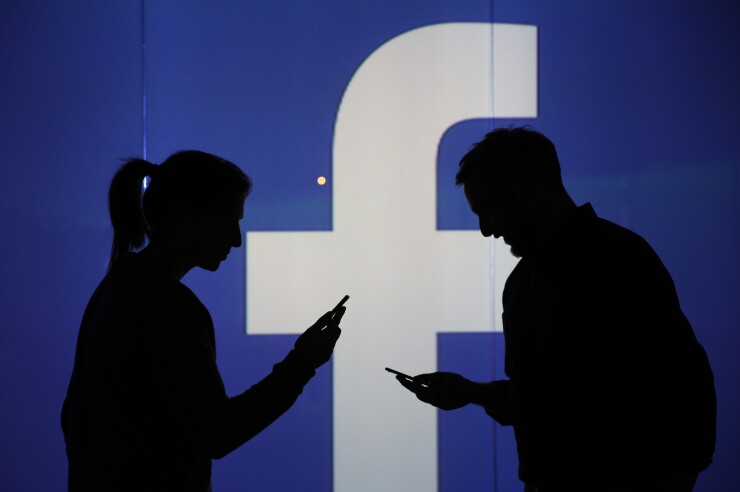What about governmental and regulatory challenges to Libra? If the Feds try to put the kibosh on Libra they would have to do the same to private label gift, GPR and any other prepaid account, because Libra essentially works the same way.
One way to think about Libra is as a global social P2P payment network. Libra also could be seen as an international, cross-border, interoperable private-label prepaid gift card or GPR; or a Facebook gift card.
Any entity questioning Libra runs up against the longstanding legal precedent set by private label gift and GPR, and myriad other prepaid account offerings such as PayPal, Venmo, Square Cash, et al. If the Feds try to halt Libra they would have to do the same to all these other accounts.

How does the launch of Libra and Calibra compare to the genesis of other payment networks? I encourage you to compare the launch of BankAmericard and Visa to Libra. As my father, Ken Crone, can tell you from his involvement in those formative years, BankAmericard's launch in 1958 was heralded as a "notorious disaster."
But three years later in 1961, BankAmericard was profitable, though that wasn't made public until years later. Bank of America's strategy didn't reveal itself until 1966, when "BankAmericard's profitability had become far too big to hide."
Not revealing their success and letting the widespread "negative impressions to linger in order to ward off competition" gave BankAmericard's founders an eight-year competitive runway unmatched in the history of payments.
Knowing we are all doomed to repeat history if we don't study it, what insight can be learned from the past? No new payment service in the history of financial services has ever been launched with the level of transparency, inclusion, invited government review, congressional testimony and public disclosure as Libra.
Dee Hock and the founding members of Visa never invited merchants and other stakeholders to have an equal vote and oversight of the network, nor does Visa to this day.
Ironically, Facebook subsidiary Calibra sketched Libra using all the key principles outlined in Dee Hock's book, the title of which says it all: "One from Many: VISA and the Rise of Chaordic Organization," which is the very premise of blockchain technology.
One of the unintended consequences of the invited public pre-launch review of Facebook's Libra will be to hold legacy financial institutions and their payment networks to the same transparency standard, which could have dramatic ramifications for heritage financial institutions and their payment brands such as Visa, MasterCard, American Express, Discover and many others.
Why does Libra matter? It has massive, instant, worldwide reach, including 2.7 billion active users across the FB universe that spans WhatsApp, Instagram, Messenger; and 2.1 billion are active daily users. Additionally, 90 million Facebook users are businesses.
P2P, a part of Libra's service, grows virally on its own: if I send you $57, you're incented to download the app to receive it. If only 10% of the Facebook users activate Libra and keep in it what they do on average in the Starbucks app, Libra would rank as one of the 100 largest financial institutions, totaling 270 million users.
What are industry stakeholders missing about its viable potential? Facebook is a new distribution channel as all the others before it. There have been many innovations before Libra that that have improved the utility of bank accounts since their inception.
Consider the lowly paper check. Paper checks are a distribution channel, even used in branding the service as "checking accounts" even though they are not the primary reason for opening an account and using the service.
Other channels that added value and greater access utility to bank accounts include ATMs, cards, direct deposit and automatic debits, online bill payment, wires, P2P, PayPal and Venmo.





